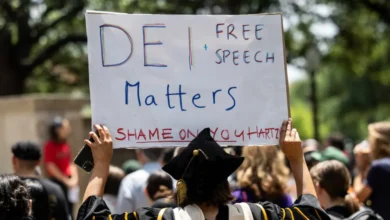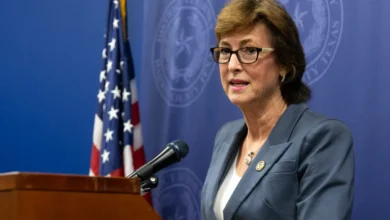When ChatGPT was launched in late 2022, many high schools quickly implemented strict policies banning students from using the powerful AI chatbot due to fears it would encourage cheating. However, a new Stanford study reveals that the percentage of high school students engaging in cheating has not significantly changed since ChatGPT’s introduction. The study, which anonymously surveyed students from 40 U.S. high schools, found that around 60-70% of students admitted to some form of cheating in the past month—a figure that has remained stable or even slightly declined.
Developed by OpenAI, ChatGPT became widely popular for its ability to generate realistic responses to prompts almost instantly. Despite its usefulness, ChatGPT and similar AI tools have raised concerns regarding potential inaccuracies, biases, misinformation, and plagiarism risks. “While individual cases of AI-related cheating make headlines, we aren’t seeing much evidence of an overall increase among high school students,” said Victor Lee, Stanford’s AI and education faculty lead, who helped oversee the study.
The findings come as Pew Research Center recently reported that only 19% of teens aged 13 to 17 have used ChatGPT for schoolwork, with about two-thirds of teens familiar with the platform. Lee suggested that student usage of ChatGPT could rise as they become more familiar with the technology.
The survey also found that many students view ChatGPT as a helpful “starter” tool, using it to brainstorm ideas rather than complete entire assignments. Most students agreed the chatbot shouldn’t be used to write papers. “This shows that students generally value learning and view AI as a supportive resource rather than a shortcut,” said Denise Pope, a senior lecturer at Stanford’s Graduate School of Education, who also contributed to the survey.
Researchers noted that common reasons for student cheating include difficulty understanding the material, lack of time, and academic pressure. “Since ChatGPT’s release, we may see changes over time in how schools, work, and daily life adapt to AI,” Lee said. He added that school policies on AI use could influence its role in learning, either positively or negatively.
Pope encouraged educators to involve students in discussions on AI and academic integrity, noting their “insightful and thoughtful” perspectives. In a recent panel, students discussed the purpose of learning to write and explored the broader educational needs in an AI-driven world. “This conversation allowed us to consider how schools might redefine learning objectives in the face of ubiquitous AI,” she explained.
School responses to ChatGPT’s release initially focused on preventing cheating. Public schools in New York City and Seattle banned the tool from their networks, while some college instructors returned to in-person essays or required students to explain their work in videos.
Today, many schools have started to encourage responsible use of AI tools. Vanderbilt University, for example, leads in AI education, offering workshops and courses that have trained over 90,000 students. Experts, including Jules White, an associate professor at Vanderbilt, warn that avoiding AI education would disadvantage students entering an increasingly AI-integrated workforce. “Ignoring it isn’t an option,” White previously told CNN. He argued that students will benefit most from learning how to use AI responsibly.
Stanford has also developed a free online resource to guide teachers in educating high school students on the ethical use of AI.
Stanford researchers plan to continue gathering data this school year to track trends in AI-related cheating. “While the data is still developing, we’re seeing that students often prefer using AI to enhance rather than bypass their learning,” Pope noted.







